NEWS
19 Costly Home Renovations That Rarely Add Value
Published
5 months agoon

Shutterstock
When it comes to home renovations, the temptation to splurge on high-end upgrades can be strong, especially if you’re envisioning your dream home. However, not all expensive improvements will increase your property’s value, and some can even deter potential buyers. Many renovations, including luxury kitchens to elaborate outdoor spaces, fail to deliver the return on investment homeowners expect.
Instead of boosting your home’s market appeal, these costly projects often leave you with sunk costs and minimal gains. Before diving into a major renovation, it’s crucial to know which upgrades are worth it, and which will drain your wallet without paying off in the long run.
Swimming Pools
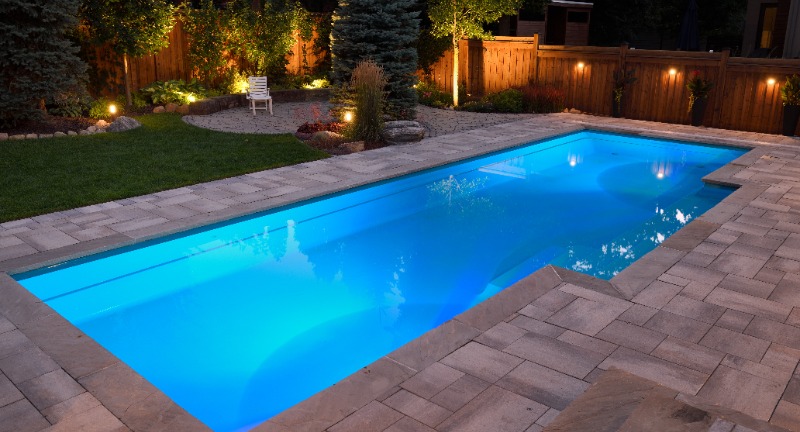
Shutterstock
A backyard swimming pool can be appealing to some, but the cost of installation and maintenance often outweighs the benefits. Depending on the climate, a pool may only be usable for part of the year, and many buyers view them as a liability due to the upkeep and safety concerns, especially for families with small children. Additionally, in areas where pools are not common, they can actually reduce a home’s appeal, making it harder to sell. While some may love the idea of a pool, many are unwilling to deal with the associated costs and responsibilities.
Home Theaters
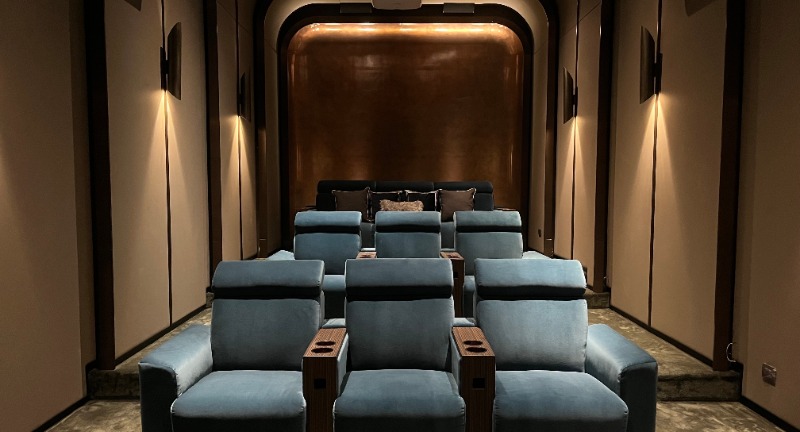
Shutterstock
Creating a home theater may seem like the ultimate entertainment upgrade, but it’s a niche luxury that doesn’t appeal to everyone. The high cost of specialized seating, audio systems, and custom lighting can make this renovation a financial burden rather than a selling point. While it may be a dream come true for film buffs, most buyers prioritize functional spaces like living rooms that can be adapted for multiple uses. As a result, home theaters rarely offer a good return on investment and can even make a home feel less versatile.
High-End Landscaping
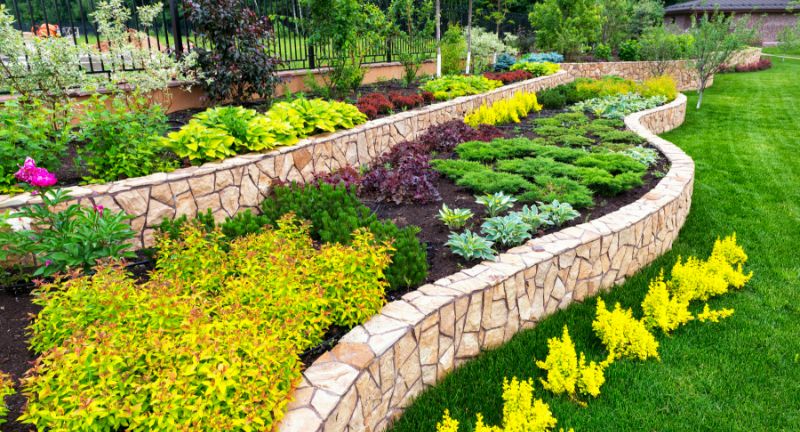
Shutterstock
Spending thousands on elaborate landscaping, such as fountains, rare plants, or intricate garden designs, can boost your home’s curb appeal, but these improvements often don’t increase property value significantly. While a well-maintained lawn or a simple garden is attractive, high-maintenance landscapes can deter potential buyers who aren’t interested in spending the time or money to keep it up. Moreover, taste in landscaping varies, and buyers may prefer to design their own outdoor spaces. What you spend on a landscaping masterpiece may not translate into a higher selling price.
Sunrooms
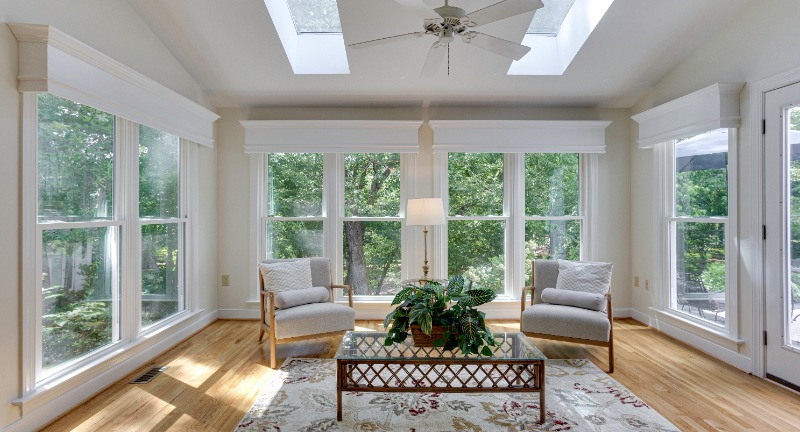
Shutterstock
A sunroom can be a charming space to enjoy natural light, but the cost to build one is often much higher than the value it adds to your home. These rooms can be impractical in extreme climates, where they become too hot in the summer or too cold in the winter without expensive heating or cooling. Furthermore, the square footage isn’t always counted in official home listings, meaning it may not boost your home’s appraisal value. In many cases, a sunroom ends up being a costly add-on that doesn’t significantly improve resale appeal.
Wine Cellars
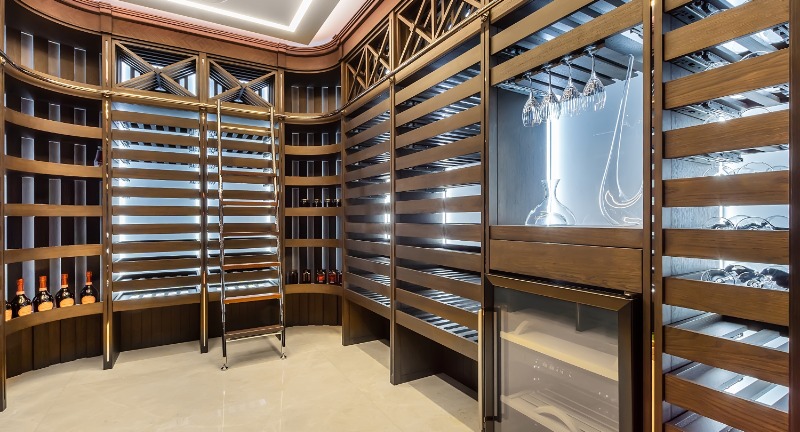
Shutterstock
Wine enthusiasts may dream of having their own custom cellar, but this is one renovation that doesn’t often pay off. The cost of building a temperature-controlled space for wine storage can be astronomical, and the appeal is limited to a small segment of the market. Many buyers are not serious collectors and would rather use the space for other purposes. Unless you’re selling to a buyer who shares your passion for wine, this renovation is unlikely to add much value to your home.
Garage Conversions
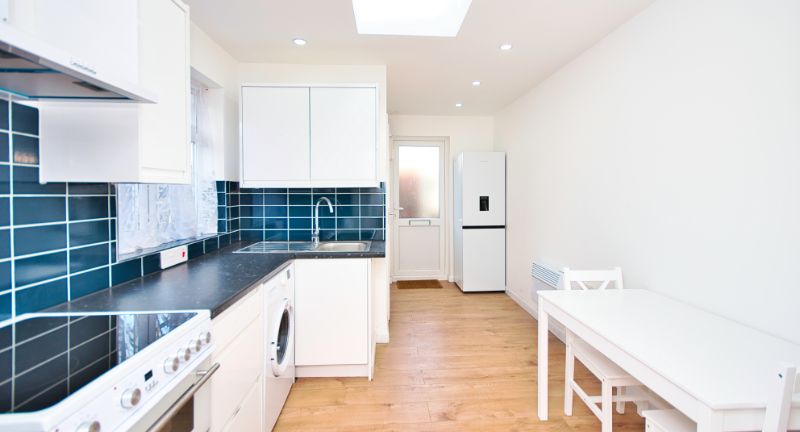
Shutterstock
Converting a garage into a living space might seem like a good way to add more square footage to your home, but most buyers prefer having a functional garage. The loss of storage space and parking can be a dealbreaker, especially in areas where street parking is limited. While you might enjoy having an extra room, the lack of a garage can actually lower the home’s value. Buyers looking for practical spaces often prefer to keep the garage intact.
Home Offices

Shutterstock
With more people working remotely, a home office can be a desirable feature, but spending too much on custom office furniture and built-ins may not pay off. Future buyers may not need a dedicated office space, or they might have different needs for the room. While a home office is functional, it’s not often worth the high cost of expensive renovations, and many people can easily convert an existing room into an office without significant investment. It’s better to keep the space flexible for potential buyers to decide how they want to use it.
Expensive Bathroom Remodels
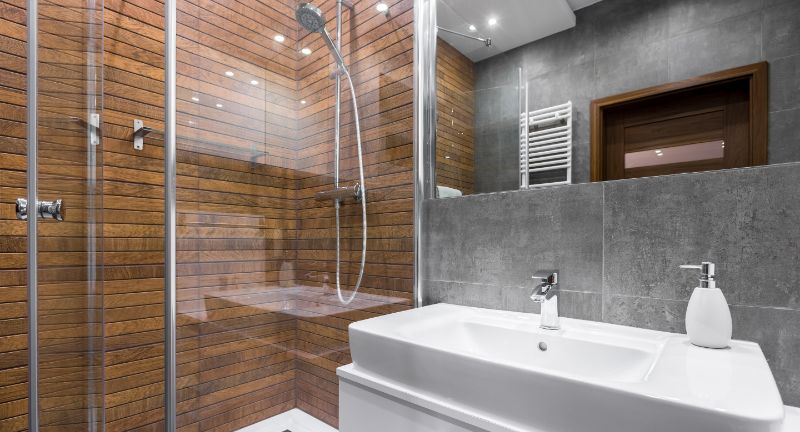
Shutterstock
Renovating a bathroom is often a good investment, but going overboard with luxury upgrades like marble floors, heated towel racks, and oversized whirlpool tubs can be a waste of money. While these features may seem appealing, most buyers are more interested in practicality and functionality than high-end indulgences. The cost of these upgrades rarely translates into a higher selling price, as many buyers would prefer a simple, modern bathroom that doesn’t come with the high price tag. A balanced approach to a bathroom renovation is more likely to yield a good ROI.
Smart Home Technology
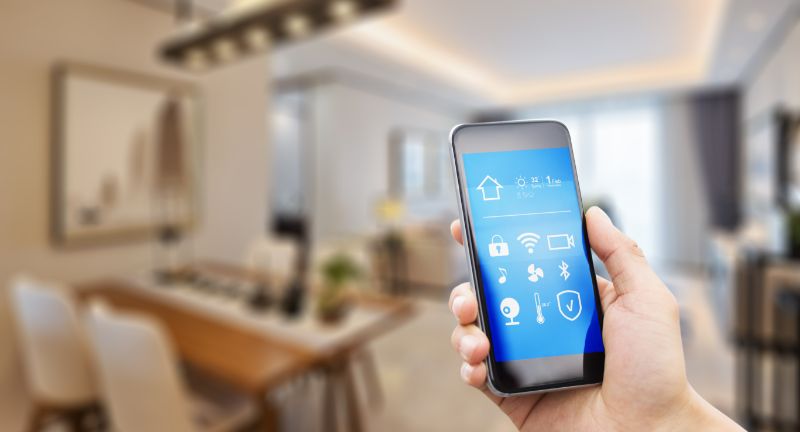
Shutterstock
Although smart home systems are increasingly popular, investing in the latest high-end technologies can be a gamble. Technology evolves rapidly, and what seems cutting-edge today may be outdated by the time you sell your home. Additionally, not all buyers are interested in complex home automation systems, especially those who are less tech-savvy. As a result, spending a fortune on smart home features often doesn’t pay off in the long run.
Extensive Home Additions
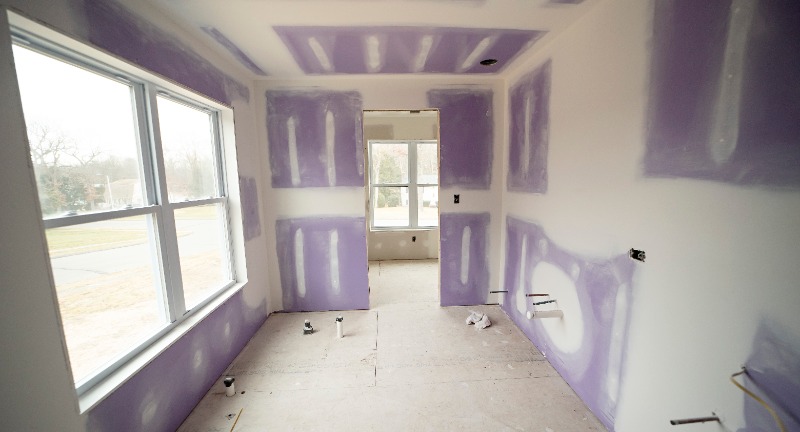
Shutterstock
Adding an extra bedroom or extending your living space can seem like a smart investment, but large home additions are rarely cost-effective. The cost of permits, construction, and materials can be prohibitively expensive, and unless the addition fits seamlessly with the original structure, it may not add much value. In many cases, buyers are more interested in the overall layout and design of a home rather than its square footage alone. If the addition feels out of place or compromises the home’s flow, it could hurt your resale value rather than help.
Saunas and Hot Tubs

Shutterstock
A sauna or hot tub may offer personal relaxation benefits, but they are not features that most homebuyers are looking for. Saunas require regular maintenance and can increase energy costs, while hot tubs can be seen as a safety hazard or a maintenance burden. For these reasons, such installations rarely add value to a home, and in some cases, they may even detract from it. Buyers often see these features as unnecessary luxuries rather than must-haves.
Expensive Flooring
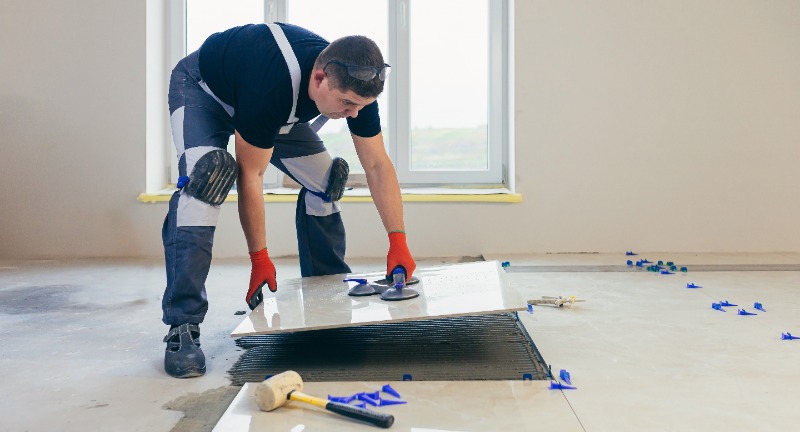
Shutterstock
Upgrading to luxury flooring, like exotic hardwoods or marble, can quickly add up in costs, but most buyers don’t see a huge difference between mid-range and high-end flooring options. While beautiful floors can enhance the appearance of your home, they’re not likely to justify a much higher selling price. Durability and ease of maintenance are often more important factors to buyers than luxury materials. As a result, expensive flooring renovations usually don’t offer a good return on investment.
Custom Closets
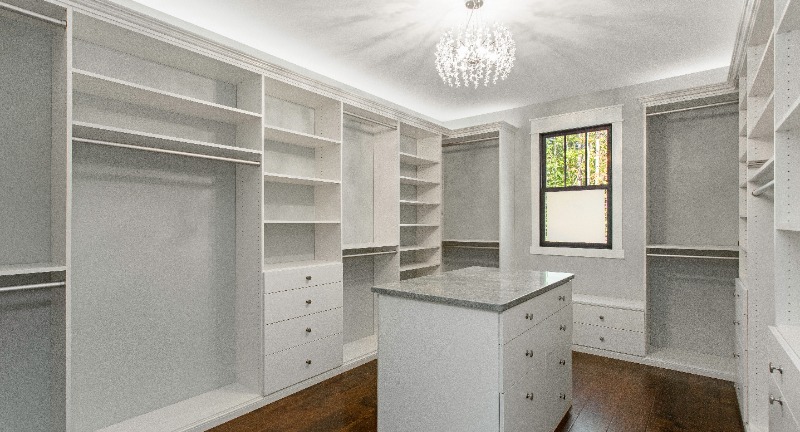
Shutterstock
A custom closet with built-in organizers and luxurious finishes may seem like an attractive addition, but it’s not something that most buyers are willing to pay extra for. While many people appreciate ample storage, they aren’t likely to value highly personalized closet systems. Future homeowners may have different storage needs or prefer to install their own solutions. Spending a lot on custom closets can therefore result in a lower-than-expected return on investment.
High-End Energy-Efficient Windows
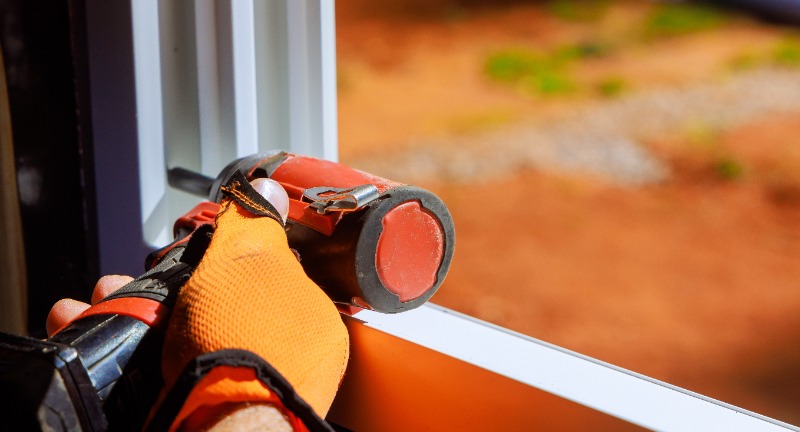
Shutterstock
Energy-efficient windows can reduce utility costs, but opting for the highest-end models doesn’t usually offer a significant return on investment. While buyers appreciate lower energy bills, they’re unlikely to pay a premium for luxury window features like triple-pane glass or custom framing. More affordable energy-efficient options often provide the same benefits at a fraction of the cost. As such, it’s better to opt for mid-range, functional windows if your goal is to see a positive ROI.
Luxury Master Suites
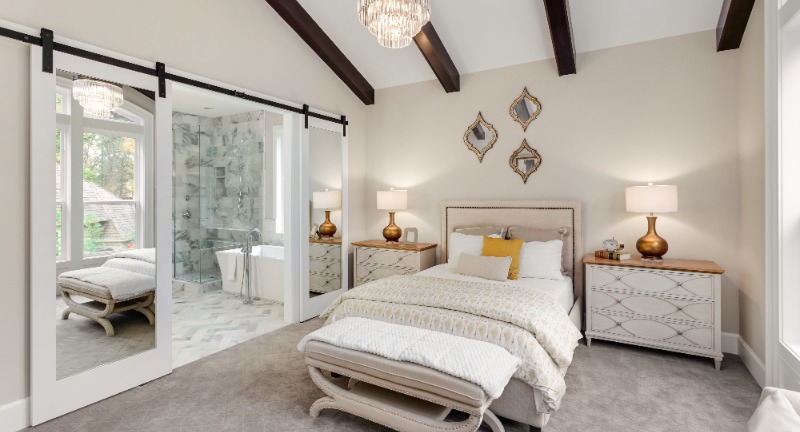
Shutterstock
While a spacious, comfortable master suite is desirable, transforming it into a lavish retreat with high-end features like a sitting area, fireplace, or spa-like bathroom can be costly. Most buyers appreciate a well-designed master bedroom, but they aren’t willing to pay significantly more for luxury features they may not use. Overspending on a master suite can lead to a lower ROI, especially if the rest of the home doesn’t match the same level of luxury. It’s important to keep the scale of the renovation in proportion to the rest of the home.
Outdoor Kitchens
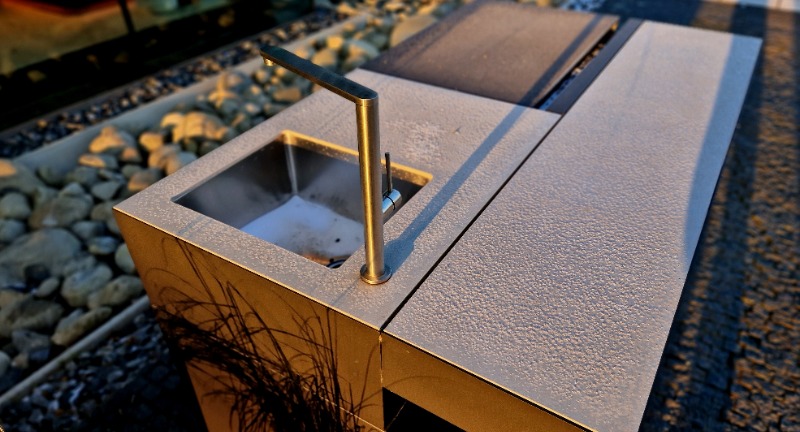
Shutterstock
Outdoor kitchens with built-in grills, refrigerators, and countertops can be a great addition for those who love to entertain, but they are costly and often provide a low return on investment. Outdoor living spaces are seasonal in many areas, and not all buyers will find them essential. The upkeep and potential weather damage to outdoor appliances can also be a turn-off. Buyers who aren’t outdoor entertainers are unlikely to see this feature as a valuable addition.
Over-the-Top Decks and Patios
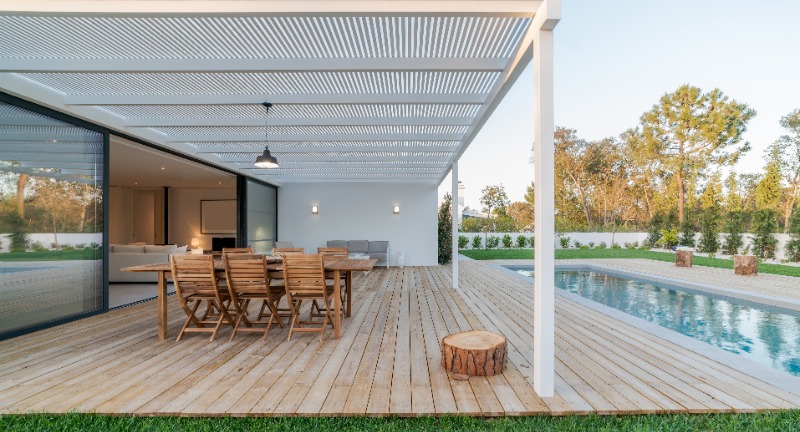
Shutterstock
While a deck or patio can enhance your outdoor space, splurging on premium materials or an overly complex design can be a poor investment. Basic, functional decks and patios are often enough to satisfy buyers, who might not value luxury materials like Brazilian hardwood or custom stone as much as you do. The cost of maintaining such features may also deter future buyers. When it comes to outdoor spaces, practicality often trumps extravagance in terms of ROI.
Solar Panels
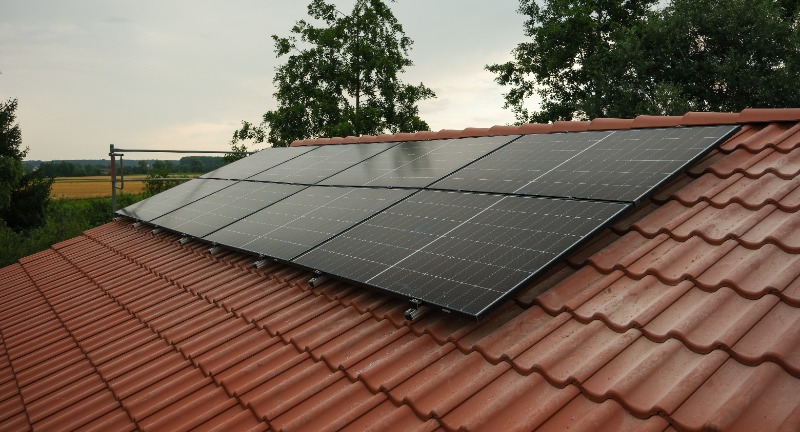
Shutterstock
Solar panels are environmentally friendly and can lower energy costs, but their high upfront costs can take years to recoup. Additionally, not all buyers are interested in managing a solar energy system, particularly if it comes with ongoing maintenance or contract agreements with energy providers. In some markets, solar panels may be seen as a bonus, but they don’t universally increase a home’s value. Unless you live in an area where energy efficiency is a major selling point, this renovation may not provide the return you expect.
Luxury Kitchens
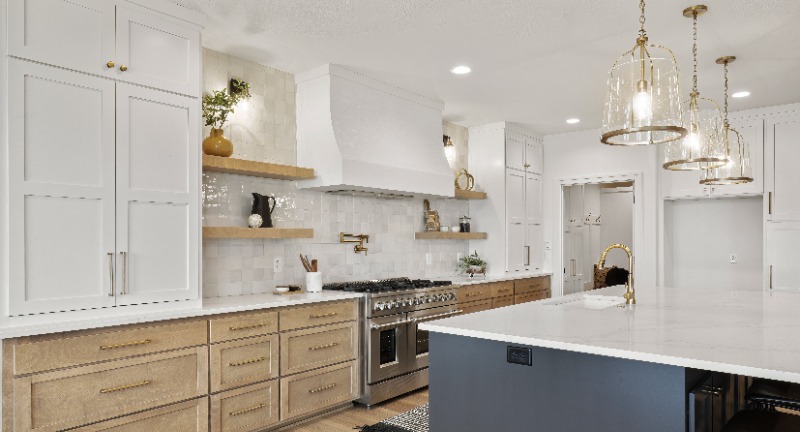
Shutterstock
Upgrading a kitchen is often considered a smart move, but when it comes to luxury upgrades, the costs can spiral out of control. Features like custom cabinets, commercial-grade appliances, and high-end countertops may look stunning, but they rarely pay off in resale value. Most buyers are satisfied with functional, mid-range kitchens and aren’t willing to spend extra for over-the-top upgrades. The ROI on luxury kitchens is often lower because buyers would rather invest in a well-designed, affordable kitchen than one loaded with extravagant features they may not need.
Conclusion
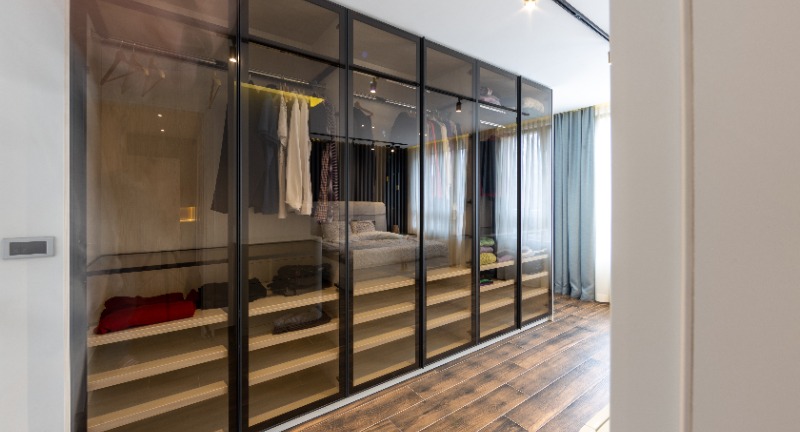
Shutterstock
When it comes to renovating your home, bigger and more expensive doesn’t always mean better when it comes to recouping your investment. Many high-end upgrades cater to personal taste but fail to appeal to the average buyer, ultimately limiting your home’s resale value. Before committing to any major projects, consider the long-term financial impact and consult with experts to ensure your upgrades make sense for your market. By focusing on practical and broadly appealing improvements, you can avoid costly mistakes and maximize your home’s value.
Related Topics:

More From Financially+
-
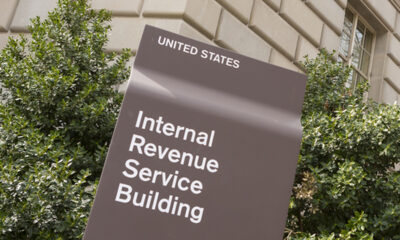

IRS Introduces New Direct Filing System, Challenging TurboTax’s Market Leadership
-


25 Must-Do Activities Teens Should Embrace More Often
-


Medicare and Social Security Bankruptcy Dates Officially Pushed Back
-


Unbelievable Feats: 20+ Guinness World Records You Never Knew Existed
-


21 Relationship Blunders Women Make That Drive Mature Men Away
-


Debt Exploded Under Trump – Is Bidenomics Any Different?
-


20 Beloved Baby Boomer Items Millennials Won’t Touch
-


21 Modern Motives: Why More Women Are Choosing Child-Free Lives
-


13 Reasons Why Living on the U.S. Median Income Feels…